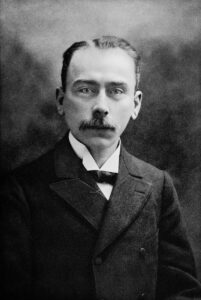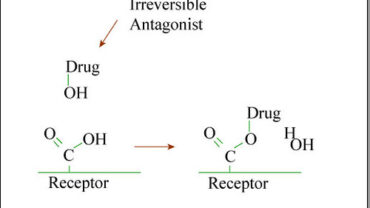Bordet
Bordet, Jules (1870-1961) Belgian Bacteriologist, Immunologist Jules Bordet was born in Soignies, Belgium, on June 13, 1870. He studied in Brussels and graduated with a doctor of medicine in 1892. Two years later he went to Paris and began work at the Pasteur Institute. He worked there on the destruction of bacteria. And explored red blood cells in blood serum, contributing to the founding of serology, the study of immune reactions in bodily fluids. In 1901 he returned to Belgium to found the Pasteur Institute of Brabant, Brussels, where he served until 1940. He was director of the Belgian Institute and professor of bacteriology at the University of Brussels (1907-35).
His work in immunology included finding two components of blood serum. These components responsible for bacteriolysis (rupturing of bacterial cell walls) and the process of hemolysis (rupturing of foreign red blood cells in blood serum). Working with his colleague Octave Gengou, Bordet developed several serological tests for diseases. Such as typhoid fever, tuberculosis, and syphilis. The bacteria responsible for whooping cough, Bordetella pertussis, was named for him after he and Gengou discovered it in 1906. In 1919, he received the Nobel Prize in physiology and medicine for his immunological discoveries.
He was the author of Traite de l’immunite dans les maladies infectieuses (Treatise on immunity in infectious diseases) and numerous medical publications.
Bordet was a permanent member of the administrative council of Brussels University, president of the First International Congress of Microbiology (Paris, 1930), and member of numerous scientific societies. He died on April 6, 1961.





